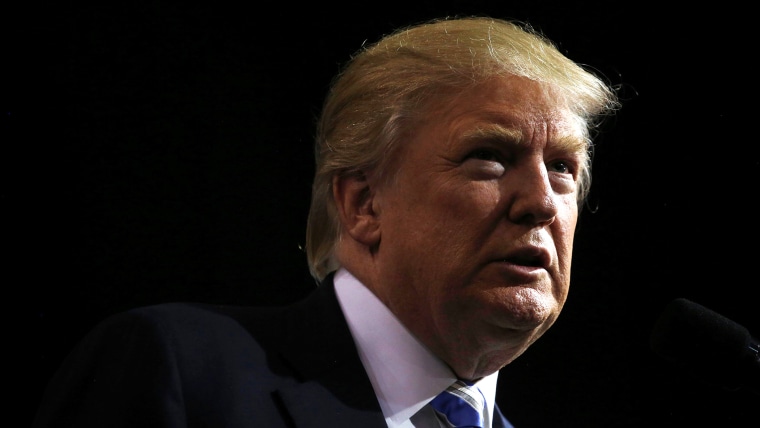The CIA has concluded in a secret assessment that Russia intervened in the 2016 election to help Donald Trump win the presidency, rather than just to undermine confidence in the U.S. electoral system, according to officials briefed on the matter.Intelligence agencies have identified individuals with connections to the Russian government who provided WikiLeaks with thousands of hacked emails from the Democratic National Committee and others, including Hillary Clinton's campaign chairman, according to U.S. officials. Those officials described the individuals as actors known to the intelligence community and part of a wider Russian operation to boost Trump and hurt Clinton's chances.
A senior U.S. official, briefed on an intelligence presentation made to members of Congress, told the Post that it's "the consensus view" of the U.S. intelligence community that Russia's alleged crimes had one specific purpose: "Russia's goal here was to favor one candidate over the other, to help Trump get elected."There's been some speculation in recent months that Putin's suspected interference was intended to undermine American democracy in general, casting doubts about the strength of our system and its institutions. The Washington Post's report indicates that those assessments were incomplete: Russia wanted Donald Trump in the White House, so Russian officials allegedly took a variety of criminal steps to ensure that outcome.The White House, swayed by the evidence, wanted bipartisan support to pushback against Russian intrusion, and in mid-September, President Obama dispatched counterterrorism adviser Lisa Monaco, FBI Director James Comey, and Homeland Security Secretary Jeh Johnson to brief top members of Congress (the "Gang of 12"). Obama didn't want to be seen as using intelligence for partisan or electoral ends, so he sought a "show of solidarity and bipartisan unity" against foreign manipulation of our democracy.That didn't happen, in large part because Senate Majority Leader Mitch McConnell (R-Ky.) refused, raising questions about whether the Republican leader intentionally put his party's interests ahead of the nation's.Indeed, given the fact that a variety of GOP leaders were made aware of Russia's attempts to hijack the American election for its own purposes, Evan McMullin, an independent presidential candidate and former GOP policy staffer on Capitol Hill, asserted over the weekend, "Republican leaders knew Russia was undermining our democracy during the election and they chose to ignore it."There's no shortage of issues that can and should be the subject of partisan disputes. A foreign adversary helping elect an American presidential candidate shouldn't be one of them.For its part, Trump's transition team issued a statement on Friday night that read, in its entirety, "These are the same people that said Saddam Hussein had weapons of mass destruction. The election ended a long time ago in one of the biggest Electoral College victories in history. It's now time to move on and 'Make America Great Again.'"Note, in this three-sentence statement, Team Trump (1) attacked the U.S. intelligence community in order to defend Russia; (2) flagrantly lied about the 2016 election results; and (3) and made no effort to deny the accuracy of the revelations, saying instead that we should "move on," rather than acknowledge Russian intervention in the American election, which Republicans chose to overlook, apparently to advance their own interests.Looking ahead, there are a variety of angles to keep an eye on as this historic scandal continues to unfold:* Trump's incredulity: In a Fox News interview that aired yesterday, Trump characterized the intelligence community's findings as "ridiculous." He did not explain, however, what incentive the agencies would have to lie. Sometime soon, the president-elect will likely face a question he may struggle to answer: "What did Donald Trump know about Russia's efforts to get him elected, and when did he know it?"* The RNC: The New York Times reported that Russia also hacked the Republican National Committee, but Putin's government chose to keep its findings under wraps. The RNC insists this reporting is inaccurate, but if the RNC isn't telling the truth, it's a damning detail. It also raises the question of what, if anything, Russia may have on the RNC that the foreign foe is choosing to hold onto.* Congressional investigation: Democrats want a thorough investigation into these allegations, and a handful of Republican senators agree. But much of the GOP is still holding back, with House Speaker Paul Ryan (R-Wis.) denouncing Russian interference without any mention of the need for a formal probe.This story may very well point to the Crime of the Century. It will not go away anytime soon.
